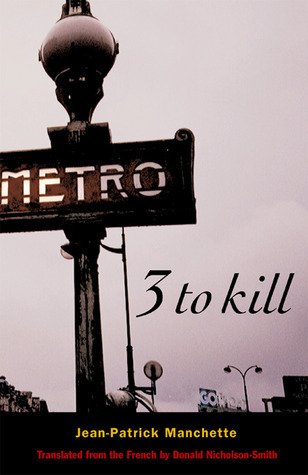The Tunnel by William H. Gass. – The bible-length culmination of 26 years of work by one of the 20th century's most talented writers of prose, The Tunnel is a Big Book, of the kind which resists easy estimation, an attempt to mine the darkest corners of the human psyche for...something? We'll get to it. Our Underground Man is Frederick Kohler, a middle-aged, morbidly obese, pencil-dicked, pro-Nazi who begins writing an embittered exploration of his awful, banal existence, while also (metaphor alert!) digging a tunnel in his basement. After 50 odd pages off an impenetrable introduction of the sort which seems de rigeur in post-modernist texts, it settles into a fairly comprehensible autobiography: long episodes of self-flagellation, recollections of failed love affairs, character sketches of our anti-hero's hateful wife, idiot children, false friends, drunken mother, bigoted father, etc., along with an enormous amount of attention paid to flatulence and micropenises.
There's a game I like to torment myself with when I'm reading this kind of mind-scalding opus, which is, basically, if I didn't know that a genius wrote this, would I think a genius wrote this? With Gass, at least, the answer is yes – line to line the man is a marvel, almost any page will have a phrase or throw-away metaphor which seems ineffably original, a genuinely new use of language. Those rare bits of text not mired in grotesque despair are beautiful, and even the larger portion of the book given over to excavating the banal horridness of existence is insightful.
The question, then, becomes whether you want to spend what will be many hours of your life in the company of so unpleasant a character as Gass creates, rather than, say, baking a cake, or watching football or going for a walk. Most of these sorts of post-modern masterpieces, books aiming to encapsulate an enormous swath of the human experience, allow for more levity and joy than The Tunnel, which is quite monochrome compared to the prismatic tableau of Ulysses or Petersburg. Still, at bottom Kohler is a cautionary tale, and Gass is attempting to obliquely demonstrate life's value by the minute inscription of a creature so incapable of appreciating them. This is not a nihilistic book in any sense, with Kohler's insistence that his experience represents the universal human reality ringing deliberately hollow.
All of which is to say, I suppose, that while I'm not sure it was worth a quarter-century of effort, or that I would casually recommend it, I enjoyed this and would consider it a success.




































































































